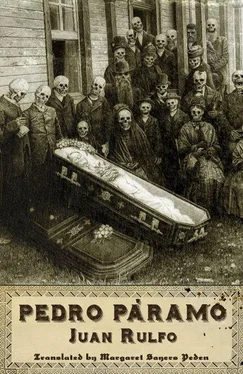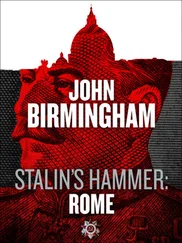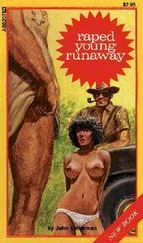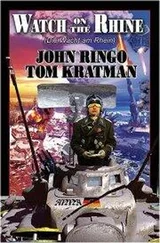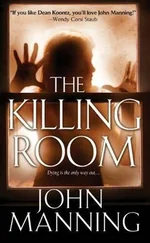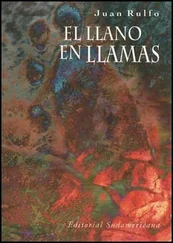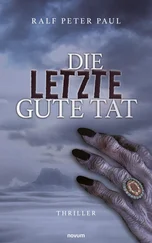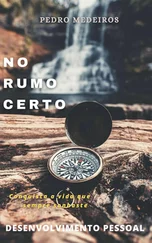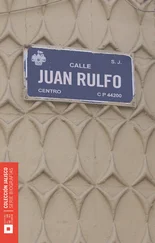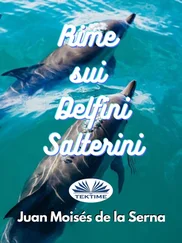As he walked back he gazed at the overcast sky. “We’ll have rain for a good while.” And he forgot about everything else.
The weather must be changing up there. My mother used to tell me how as soon as it began to rain everything was filled with light and with the green smell of growing things.
She told me how the waves of clouds drifted in, how they emptied themselves upon the earth and transformed it, changing all the colors. My mother lived her childhood and her best years in this town, but couldn’t even come here to die. And so she sent me in her place.
It’s strange, Dorotea, how I never saw the sky. At least it should have been the sky she knew.”
“I don’t know, Juan Preciado. After so many years of never lifting up my head, I forgot about the sky. And even if I had looked up, what good would it have done? The sky is so high and my eyes so clouded that I was happy just knowing where the ground was. Besides, I lost all interest after padre Renteria told me I would never know glory. Or even see it from a distance…. It was because of my sins, but he didn’t have to tell me that. Life is hard enough as it is. The only thing that keeps you going is the hope that when you die you’ll be lifted off this mortal coil; but when they close one door to you and the only one left open is the door to Hell, you’re better off not being born…. For me, Juan Preciado, heaven is right here.”
“And your soul? Where do you think it’s gone?”
“It’s probably wandering like so many others, looking for living people to pray for it. Maybe it hates me for the way I treated it, but I don’t worry about that anymore. And now I don’t have to listen to its whining about remorse. Because of it, the little I ate turned bitter in my mouth; it haunted my nights with black thoughts of the damned. When I sat down to die, my soul prayed for me to get up and drag on with my life, as if it still expected some miracle to cleanse me of my sins. I didn’t even try. This is the end of the road,’ I told it. ‘I don’t have the strength to go on.’ And I opened my mouth to let it escape. And it went. I knew when I felt the little thread of blood that bound it to my heart drip into my hands.”
They pounded at his door, but he didn’t answer. He heard them knock at door after door, waking everyone around. Fulgor — he knew him by his footsteps — paused a moment as he hurried toward the main door, as if he meant to knock again. Then kept running.
Voices. Slow, scraping footsteps, like people carrying a heavy load.
Unidentifiable sounds.
His father’s death came to his mind. It had been an early dawn like this, although that morning the door had been open and he had seen the gray of a dismal, ashen sky seeping through. And a woman had been leaning against the doorframe, trying to hold back her sobs. A mother he had forgotten, forgotten many times over, was telling him: “They’ve killed your father!” In a broken quavering voice held together only by the thread of her sobs.
He never liked to relive that memory because it brought others with it, as if a bulging sack of grain had burst and he was trying to keep the kernels from spilling out. The death of his father dragged other deaths with it, and in each of them was always the image of that shattered face: one eye mangled, the other staring vengefully. And another memory, and another, until that death was erased from memory and there was no longer anyone to remember it.
“Lay him down here. No, not like that. Put his head that way. You! What are you waiting for?”
All this in a low voice.
“Where’s don Pedro?
“He’s sleeping. Don’t wake him. Don’t make any noise.”
But there he stood, towering, watching them struggle with a large bundle wrapped in old gunnysacks and bound with hemp like a shroud.
“Who is it?” he asked.
Fulgor Sedano stepped forward and said:
“It’s Miguel, don Pedro.”
“What did they do to him?” he shouted.
He was expecting to hear “They killed him.” And he felt the stirrings of rage forming hard lumps of rancor; instead he heard Fulgor Sedano’s soft voice saying: “No one did anything to him. He met his death alone.”
Oil lamps lighted the night.
“His horse killed him,” one man volunteered.
They laid him out on his bed; they turned back the mattress and exposed the bare boards, and arranged the body now free of the bonds they had used to carry it home. They crossed his hands over his chest and covered his face with a black cloth. “He looks bigger than he was,” Fulgor thought to himself.
Pedro Paramo stood there, his face empty of expression, as if he were far away.
Somewhere beyond his consciousness, his thoughts were racing, unformed, disconnected. At last he said:
“I’m beginning to pay. The sooner I begin, the sooner I’ll be through.”
He felt no sorrow.
When he spoke to the people gathered in the patio, to thank them for their presence, making his voice heard above the wailing of the women, he was not short either of breath or of words. Afterward, the only sound was that of the pawing of Miguel Paramo’s chestnut stallion.
“Tomorrow,” he ordered Fulgor Sedano, “get someone to put that animal down and take him out of his misery.”
“Right, don Pedro. I understand. The poor beast must be suffering.”
“That’s my feeling, too, Fulgor. And as you go, tell those women not to make such a racket; they’re making too much fuss over my loss. If it was their own, they wouldn’t be so eager to mourn.”
Years later Father Renteria would remember the night when his hard bed had kept him “awake and driven him outside. It was the night Miguel Paramo died.
He had wandered through the lonely streets of Comala, his footsteps spooking the dogs sniffing through the garbage heaps. He walked as far as the river, where he stood gazing at how stars falling from the heavens were reflected in the quiet eddies. For several hours he struggled with his thoughts, casting them into the black waters of the river.
It had all begun, he thought, when Pedro Paramo, from the low thing he was, made something of himself. He flourished like a weed. And the worst of it is that I made it all possible. “I have sinned, padre. Yesterday I slept with Pedro Paramo.”
“I have sinned, padre. I bore Pedro Paramo’s child.”
“I gave my daughter to Pedro Paramo, padre.” I kept waiting for him to come and confess something, but he never did. And then he extended the reach of his evil through that son of his. The one he recognized -only God knows why.
What I do know is that I placed that instrument in his hands.
He remembered vividly the day he had brought the child to Pedro Paramo, only hours old.
He had said to him:
“Don Pedro, the mother died as she gave birth to this baby. She said that he’s yours. Here he is.”
Pedro Paramo never even blinked; he merely said:
“Why don’t you keep him, Father? Make a priest out of him.”
“With the blood he carries in his veins, I don’t want to take that responsibility.”
“Do you really think he has bad blood?”
“I really do, don Pedro.”
“I’ll prove you wrong. Leave him here with me. I can find someone to take care of him.”
“That’s just what I had in mind. At least he’ll eat if he’s with you.”
Tiny as he was, the infant was writhing like a viper.
“Damiana! Here’s something for you to take care of. It’s my son.”
Later he had uncorked a bottle:
“This one’s for the deceased, and for you.”
“And for the child?”
“For him, too. Why not?”
He filled another glass and both of them drank to the child’s future.
That was how it had been.
Читать дальше
